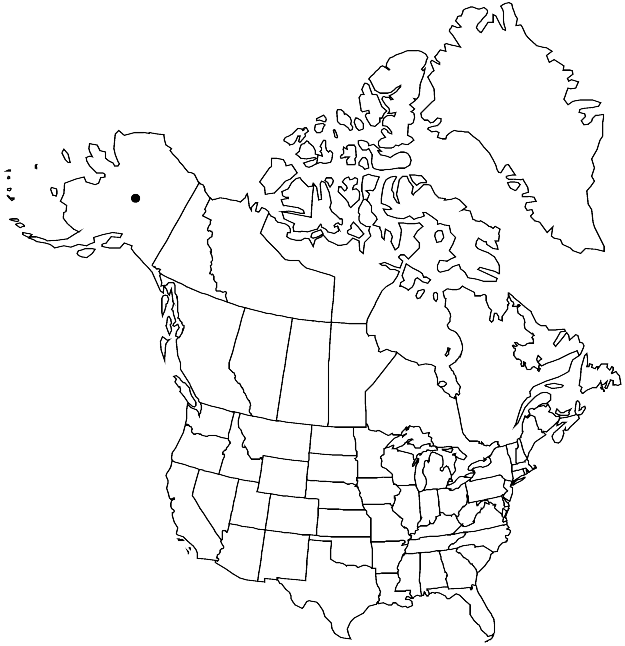Difference between revisions of "Sciuro-hypnum uncinifolium"
Biodivers. Poland 3: 175. 2003.
imported>Volume Importer |
imported>Volume Importer |
||
| Line 54: | Line 54: | ||
|publication year=2003 | |publication year=2003 | ||
|special status= | |special status= | ||
| − | |source xml=https:// | + | |source xml=https://bitbucket.org/aafc-mbb/fna-data-curation/src/2e0870ddd59836b60bcf96646a41e87ea5a5943a/coarse_grained_fna_xml/V28/V28_712.xml |
|genus=Sciuro-hypnum | |genus=Sciuro-hypnum | ||
|species=Sciuro-hypnum uncinifolium | |species=Sciuro-hypnum uncinifolium | ||
Latest revision as of 21:37, 5 November 2020
Plants small, in dense or loose tufts, green to yellow-brown. Stems to 3.5 cm, creeping, flexuose, terete-foliate, irregularly pinnate, branches to 4 mm, straight to slightly curved, terete-foliate. Stem leaves appressed at base, wide-spreading falcate-secund to reflexed, closely imbricate, ovate or triangular-ovate, weakly concave, not plicate, 0.8–1.1 × 0.4–0.5 mm; base decurrent; margins plane or recurved below broadest point of leaf, serrulate; apex gradually or abruptly narrowly acuminate; costa to 90–100% leaf length, moderately strong, terminal spine absent; alar cells similar to juxtacostal cells; laminal cells elongate, 30–50 × 5–8 µm; basal cells subquadrate, short-ovate, relatively small, region in 7–10 rows, opaque across base. Branch leaves similar. Sexual condition autoicous. Sporophytes unknown in North America.
Habitat: Boulders on stream banks, rock in Populus stands, dry open earth on cliff ledges, humid cliffs
Elevation: low elevations (20 m)
Discussion
Sciuro-hypnum uncinifolium has long been considered a Japanese endemic, but recently it was found in Russia in Kamchatka and in the Kuril Islands (I. V. Czernjadieva and M. S. Ignatov 2006; V. Y. Cherdantseva et al. 2006) and also in islands near Alaska and in the Alaskan peninsula (M. S. Ignatov 2007), so it is to be expected in the Aleutian Islands. Sciuro-hypnum uncinifolium is easily recognized by its narrow shoots, appressed leaf bases, and leaves rigidly reflexed, with squarrose to falcate-secund acumina. This species combines the characters of S. reflexum (leaf shape and reflexed acumen) and S. populeum (opaque cells across the leaf base). From molecular phylogenetic analyses by Ignatov and I. A. Milyutina (2007b), it is more closely related to the latter species. Despite its autoicous condition, sporophytes are rare in this species.
Selected References
None.
